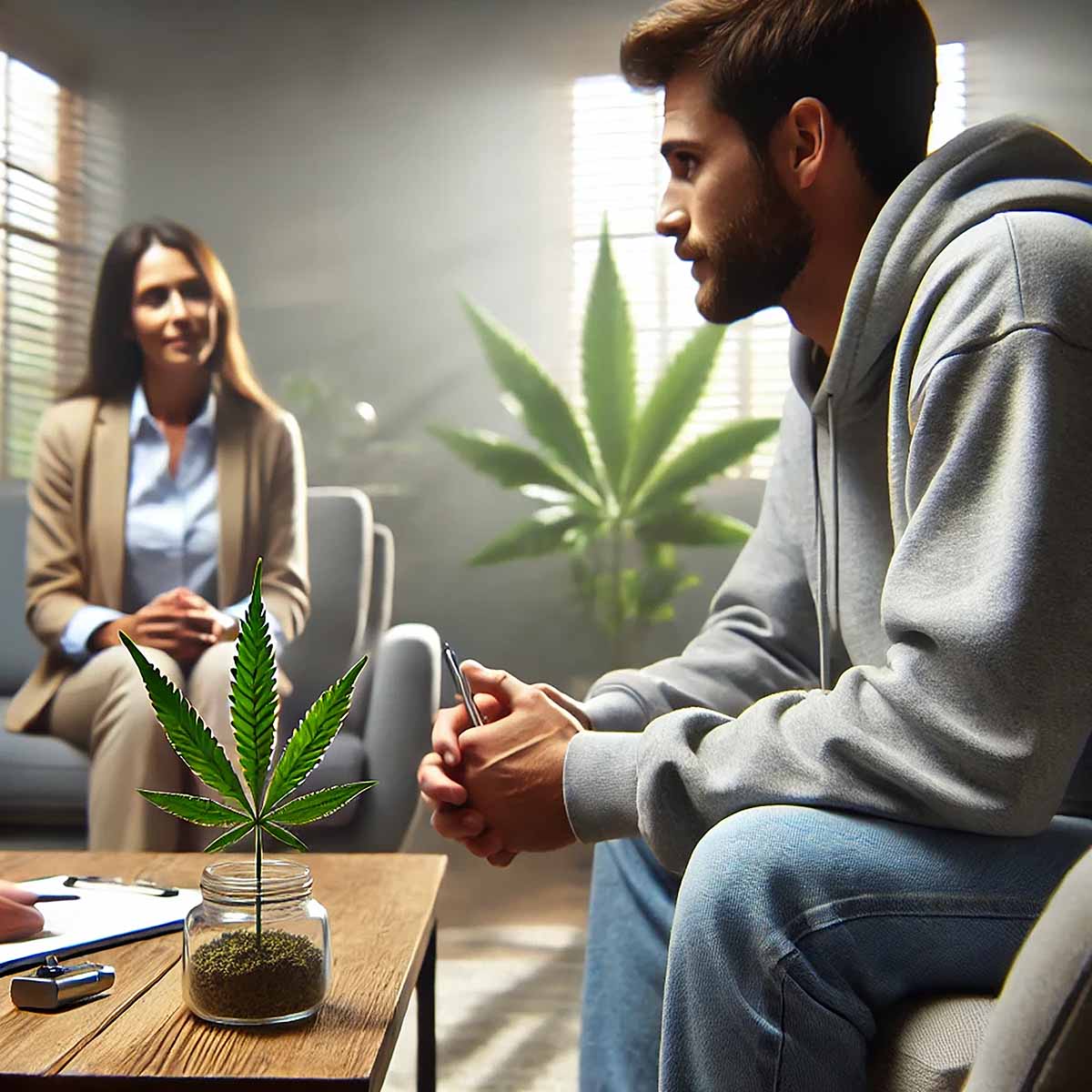Cannabis is a topic surrounded by many myths and misconceptions, especially when it comes to its impact on mental health. As attitudes toward cannabis evolve and research expands, it’s important to separate fact from fiction. This article aims to debunk common misconceptions and provide accurate information about how cannabis affects mental health.
Myth 1: Cannabis Causes Mental Illness
Fact: While heavy and prolonged cannabis use, especially from a young age, has been linked to an increased risk of mental health issues in susceptible individuals, it is not accurate to say that cannabis directly causes mental illness. The relationship is complex and influenced by various factors including genetics, pre-existing mental health conditions, and the environment . Moderate use by adults without a predisposition to mental health issues typically does not result in the development of psychiatric disorders.
Myth 2: Cannabis is a Safe Cure-All for Mental Health Issues
Fact: Cannabis can offer relief for certain mental health conditions like anxiety, depression, and PTSD, but it is not a cure-all. Its effects can vary greatly between individuals. Some people may experience exacerbated symptoms, particularly with high-THC strains. It’s crucial to approach cannabis as one component of a comprehensive treatment plan rather than a standalone solution .
Myth 3: CBD is Completely Safe and Without Side Effects
Fact: CBD is generally well-tolerated and considered safer than THC, but it is not completely without side effects. Some users may experience dry mouth, diarrhea, reduced appetite, drowsiness, and fatigue. Additionally, CBD can interact with other medications, so it’s important to consult with a healthcare provider before starting any new treatment .
Myth 4: All Cannabis Strains Have the Same Effect on Mental Health
Fact: Different cannabis strains can have vastly different effects due to their unique profiles of cannabinoids and terpenes. Sativa strains are often associated with uplifting and energizing effects, which may help alleviate symptoms of depression. Indica strains are typically more relaxing and sedative, potentially aiding in anxiety and sleep disorders. Hybrids can offer a balance of effects. Understanding these differences is key to choosing the right strain for specific mental health needs .
Myth 5: Cannabis Use Leads to Addiction
Fact: While cannabis can be habit-forming, it is less addictive than substances like nicotine, alcohol, and opioids. The risk of developing a cannabis use disorder is influenced by factors such as frequency of use, personal history, and genetic predisposition. Responsible use, under the guidance of a healthcare professional, can mitigate the risk of addiction .
Considerations for Safe Use
1. Start Low, Go Slow:
- Begin with a low dose and gradually increase to find the optimal level that provides benefits without adverse effects.
2. Consult Healthcare Providers:
- Always consult with a healthcare provider, especially if you have a history of mental health issues or are taking other medications.
3. Monitor and Adjust:
- Pay attention to how cannabis affects your mental health and be ready to adjust usage as needed. Regular check-ins with a healthcare provider can help manage this.
Takeaways
Cannabis has a nuanced relationship with mental health, and understanding this relationship requires separating myths from facts. While it can offer benefits for some mental health conditions, it is not a one-size-fits-all solution. Responsible use, guided by accurate information and professional advice, is essential for those considering cannabis for mental health purposes.



